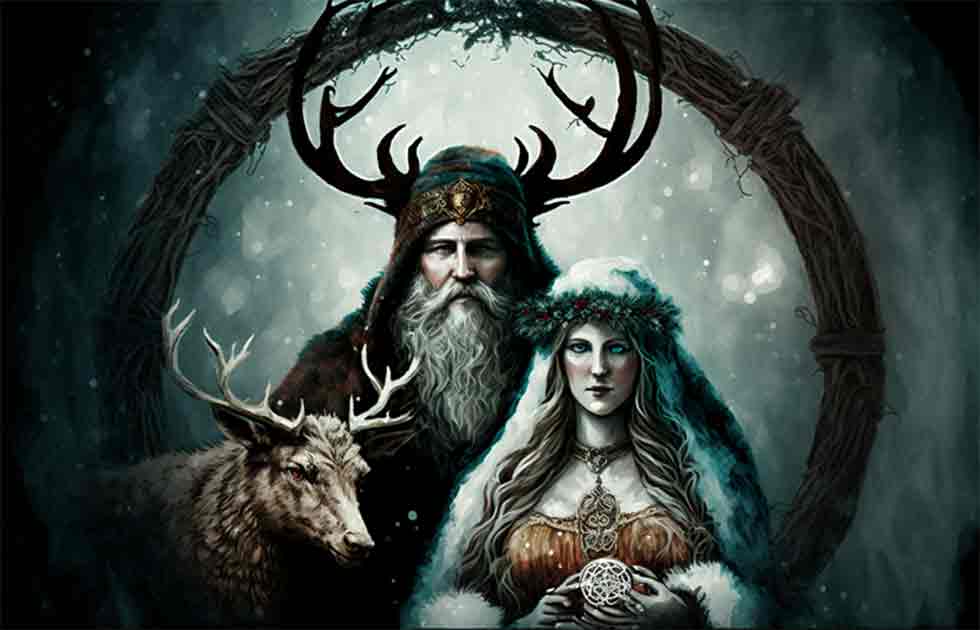Modern Activities That Can Be Traced Back to Pagan Culture (Video)
A search for hidden pagan influence on our daily activities reveals a mix of modern traditions and customs deeply rooted in ancient belief systems. Emerging from the early Christian era, the term "pagan" initially served as a pejorative label for those adhering to non-Christian or polytheistic faiths but has since evolved to encompass a broader spectrum of pre-Christian beliefs and practices.
- Pagans in a Modern World: What is Neopaganism?
- Crossing the Veil: The Pre-Christian Origins of Halloween and Samhain
Researching the origins of our modern rituals uncovers a treasure trove of pagan heritage. Consider Halloween, its origins stretching back to the ancient Celtic festival of Sawan, marking the end of the harvest season and the beginning of winter. Similarly, the roots of Valentine's Day can be traced to the Roman festival of Lupercalia, dedicated to the god Lupercus, celebrated to ensure fertility and purification.
Wedding customs, such as the exchange of rings and the presence of bridesmaids, have deep pagan origins aimed at warding off evil spirits and ensuring the couple's prosperity and happiness. Even Christian holidays like Easter and Christmas bear traces of pagan influence, with Easter deriving its name from the Germanic goddess Eostre and Christmas incorporating elements of the Roman festival of Saturnalia and the Germanic festival of Yule.
Beyond religious and ceremonial practices, everyday routines such as naming the days of the week after celestial bodies and deities reflect pagan cosmology. Social practices like jewelry adornment and makeup application find their roots in ancient pagan civilizations, where they symbolized status, spirituality, and protection.
Top image: AI image of a painting, showing a Pagan Christmas card of Holly King and Winter Goddess. Source: Kelly Cree/Adobe Stock

















Comments
The Easter evolved from Eoster internet trope is long debunked. This is not serious journalism.
The Elder
"Consider Halloween, its origins stretching back to the ancient Celtic festival of Sawan, marking the end of the harvest season and the beginning of winter."
Or one could consider that Samhain was the Celtic Day of the Dead which is far beyond the status of seasonal marker and harvest celebration... And far darker too.
That why it is celebrated by those who worship Satan today in ways that no historian shall talk about. Instead, we get the children's version here. This does not surprise me at all.